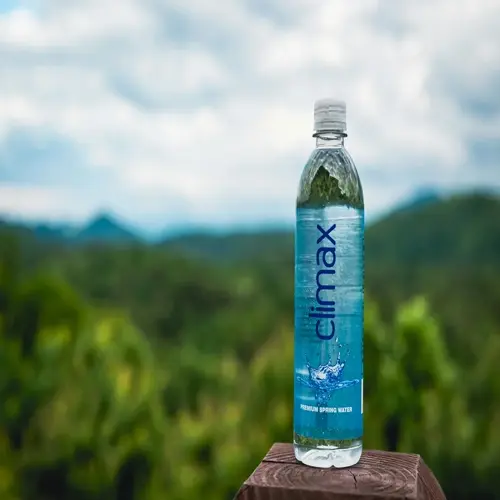What dietary approach best reduces oxidative stress?

Written by
Robert Kelly
Reviewed by
Prof. Graham Pierce, Ph.D.Strategic dietary approaches can help reduce oxidative stress, thereby enhancing antioxidant defense mechanisms. Prefer whole foods over supplementation for their superior synergistic benefits from the nutrients they contain. Plant foods of color provide phytochemicals that have effects against free radical damage. Fatty fish serve as a source of omega-3 fats, which protect cell membranes from damage. This approach outlines the comprehensive plan for maintaining the natural balance of oxidants to reductants in relation to the given organism.
Colorful Berries
- Anthocyanins in blueberries neutralize superoxide radicals
- Ellagic acid in raspberries prevents DNA oxidation
- Proanthocyanidins in cranberries protect urinary tract cells
Leafy Greens
- Lutein in kale shields eye tissues from light damage
- Glucosinolates in broccoli activate phase II detox enzymes
- Vitamin K in spinach supports antioxidant enzyme function
Nuts and Seeds
- Vitamin E in almonds prevents lipid peroxidation
- Selenium in Brazil nuts boosts glutathione peroxidase
- Lignans in flaxseeds modulate estrogen-related oxidation
Omega-3 fatty acids from oily fish help produce strong cell membranes. EPA and DHA from salmon and mackerel help reduce inflammatory cytokines. These healthy fats become part of cellular structures, protecting cells from oxidative damage. I suggest two servings per week for measurable improvements in these biomarkers.
Spices provide concentrated antioxidant power. Curcumin from turmeric blocks NF-kB inflammatory pathways. Gingerol in ginger protects against lipoperoxidation. Add these spices raw to preserve heat-sensitive components. Personally, I have begun adding cinnamon to my oatmeal and have noticed more stable blood sugar responses.
Gentle preparation maintains nutrient integrity. Steam vegetables briefly to retain the nutrients, including glucosinolates. Soaking grains decreases phytic acid, which binds minerals, fermented foods increase bioavailability for protective compounds. Raw garlic keeps allicin intact for maximum benefit.
Combinations of these nutrients work synergistically to maximize absorption. Combine foods rich in vitamin C with plant sources of iron, healthy fats that contain fat-soluble antioxidants, and my favorite: spinach salad with citrus dressing and pumpkin seeds. The combinations create more protection than the isolated nutrients do.
Read the full article: Oxidative Stress Reduction: Proven Strategies

